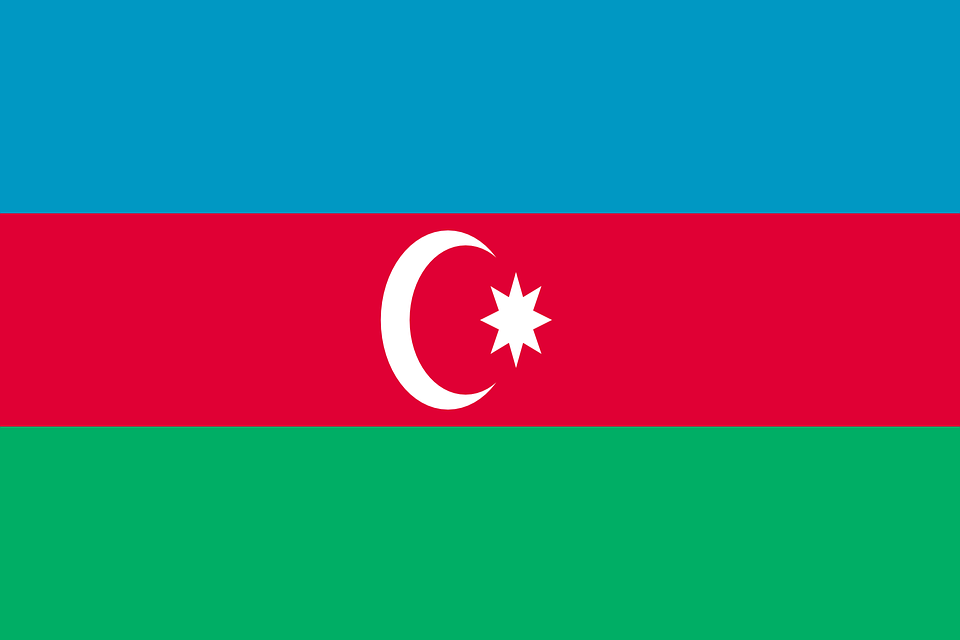Moscow has more to worry about than the war in Ukraine. As winter approaches and the ground begins freezing, Putin is also facing new concerns to his east. In the central Asian state of Azerbaijan, there are mounting concerns about a potential border war with Iran after November protests in Tehran spread across the country and the Iranian government attempted to destabilize Azerbaijan. “We will do everything possible to defend our way of life as well as the secular direction of the development of Azerbaijan and of Azerbaijanis, including Azerbaijanis living in Iran. They are part of our nation,” announced President Ilham Aliyev. Salam New Agency reports that the president’s words were intended to win support at home for those Azerbaijani living abroad. Some politicians in Azerbaijan see their secular nation as a divided people, similar to the situation on the Korean peninsula. They are vocally pushing to rename the Republic of Azerbaijan, Northern Azerbaijan. One parliamentarian in Baku, Gudrat Gasanguliyav, argued that renaming the state would serve as a “stimulus” for those religious individuals living south of the Aras River. They account for about one-third of Iran’s population, according to Paul Goble of the Jamestown Foundation. Azerbaijanis in the south are increasing dissatisfied with the repressive regime in Iran.
Statements by politicians in Azerbaijan have lit a fuse in Tehran that could lead to a full-scale conflict that Putin might not be capable of stopping. The Russian publication Real Tribune reports that with heightened tensions between the two states, “the Kremlin is actively expanding shipping routes between Russia and Iran in the Caspian Sea to avoid having to rely on land routes that it once hoped could be used to circumvent Western sanctions,” notes Goble. He adds that it has “sparked fears in Tehran and elsewhere that either the Iranian authorities will try to use such language to gin up patriotic support in response to the current wave of protests or that the tit-for-tat moves by Iran and Azerbaijan along their common border may escalate into a full-scale military conflict.” It is an “indication of just how worried Moscow is about the current state of affairs,” notes Goble.
In Regnum.ru, one Russian commentator, Stanislav Tarasov, wrote that while these statements may not lead to any immediate war, they are likely to have potentially far-reaching consequences not only for Azerbaijani-Iranian relations but also for the relationship between Baku and Ankara, thus representing a seriously destabilizing development for the greater Middle East. Tarasov says it is evidence that Baku is working with Turkey to destroy Iran but that “the actual facts of the case may be far different and lead to Azerbaijan becoming more independent of Turkey with regards to regional geopolitics.”
Aliyev’s decision to “play ‘the Iranian card’” is part of Baku’s efforts to create a kind of Azerbaijani world rather than to extend the Turkic world eastward, according to Tarasov. In what could turn out to be a potential geopolitical culture war Azerbaijan, formerly part of Persia and not Turkey, is again part of a Persian empire. Goble says that if Baku focuses its efforts to the south rather than to the west, there could be a complete reordering of the Middle East chessboard.
There are still wider implications as President Aliyev’s words could prove even more threatening to Russia than any conflict between Azerbaijan and Iran. “This is because the Azerbaijani president’s statements suggest that Baku may now be interested not only in expanding its influence southward into Iran but also northward into Russia,” says Goble.
Last month in Baku, when Aliyev hosted Rustam Minnikhanov, the leader of the Republic of Tatarstan, he announced that “the Turkic world consists not only of independent Turkic states. Its geographic borders are much broader”—that is, it includes places such as Tatarstan, currently within Russia’s borders, and Eastern Turkestan (Xinjiang), currently within the borders of the People’s Republic of China. This is the first such meeting between Tatarstan and Azerbaijani leaders since 2011. Goble suggests it is a sign that Baku is now looking to extend its influence deep into the Russian Federation.
While Turkish President Erdogan has “never publicly and directly declared that Iran must give up Southern Azerbaijan,” just as he has never made demands that China should “free Eastern Turkestan,” Russian commentator Dmitry Rodionov, such statements threaten Moscow’s control of Turkic areas within its borders and China’s control of its Turkic-majority areas. Goble argues that to the extent that this is true, Aliyev’s most recent statements about Iran, its minorities and the treatment of its population as a whole, appear likely to have a broader echo, potentially setting in motion events that could re-order not only the Middle East but the two largest countries in Eurasia as well. It is going to be a cold winter everywhere Putin turns this year.
Daria Novak served in the U.S. State Dept.
Illustration: Pixabay
